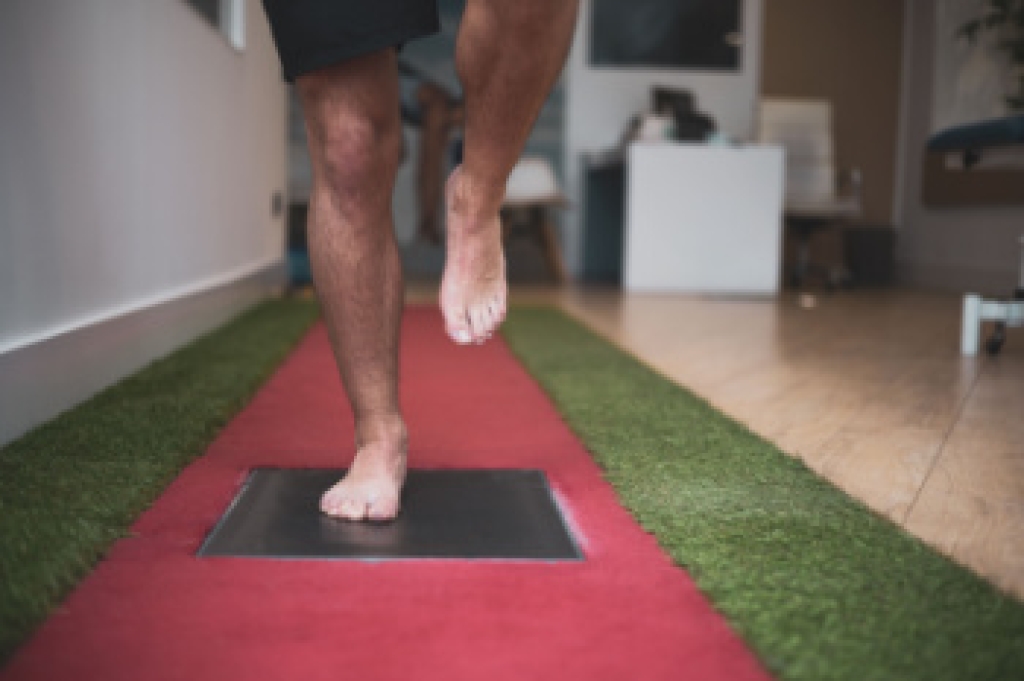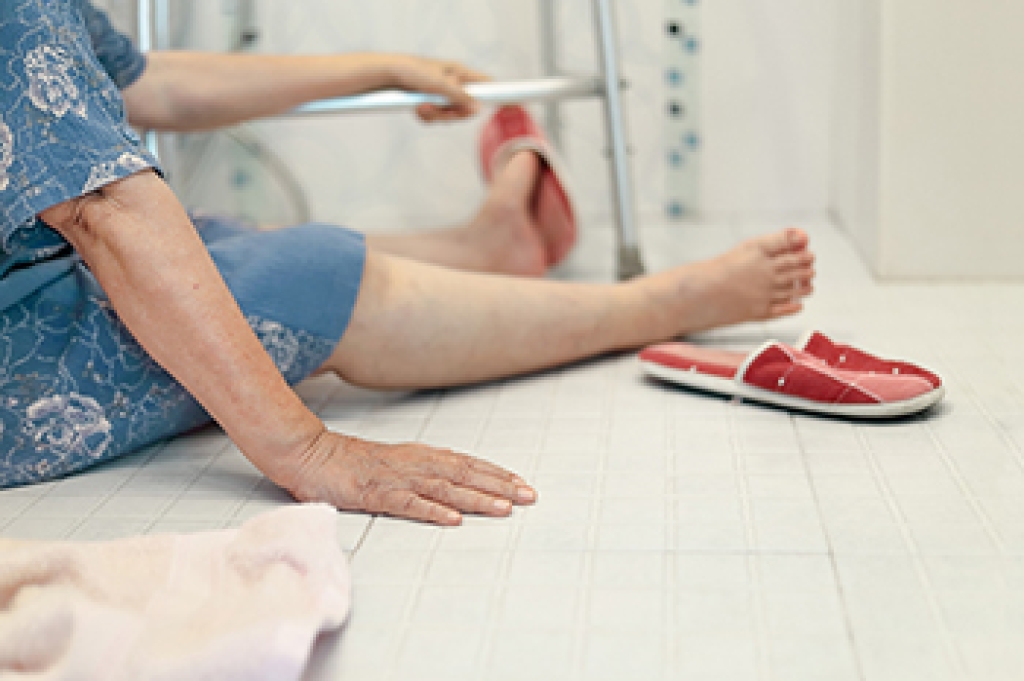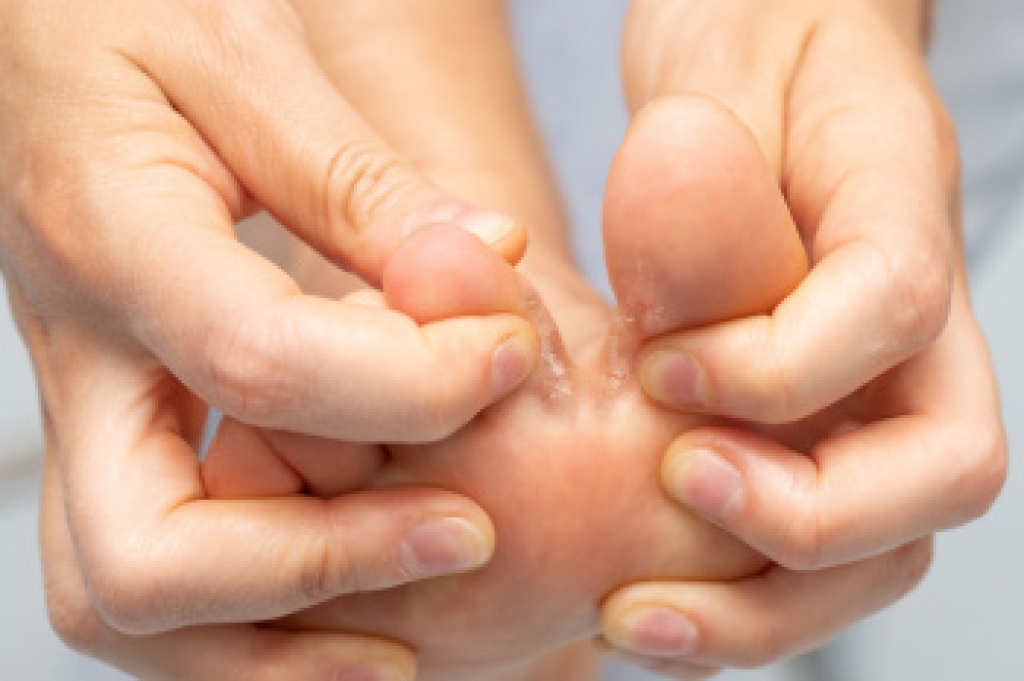
Tarsal tunnel syndrome occurs when the posterior tibial nerve becomes compressed as it travels through the inside of the ankle. This pressure can cause burning, tingling, or numbness that may extend into the arch or toes. The condition often develops from flat feet, injury, swelling, or medical issues such as diabetes or arthritis. Without proper care, symptoms can worsen and affect mobility. Treatment focuses on easing pressure on the nerve and reducing inflammation. Wearing supportive shoes, custom orthotics, and rest can help relieve irritation. In some cases, a podiatrist may recommend targeted exercises, corticosteroid injections, or other advanced treatments to restore comfort and function. If you notice persistent tingling, pain, or weakness in your foot or ankle, it is suggested that you schedule an appointment with a podiatrist for a complete evaluation and appropriate treatment plan.
Tarsal tunnel syndrome can be very uncomfortable to live with. If you are experiencing tarsal tunnel syndrome, contact Gerald Erskine, DPM of Seneca Family Footcare. Our doctor can provide the care you need to keep you pain-free and on your feet.
Tarsal Tunnel Syndrome
Tarsal tunnel syndrome, which can also be called tibial nerve dysfunction, is an uncommon condition of misfiring peripheral nerves in the foot. The tibial nerve is the peripheral nerve in the leg responsible for sensation and movement of the foot and calf muscles. In tarsal tunnel syndrome, the tibial nerve is damaged, causing problems with movement and feeling in the foot of the affected leg.
Common Cause of Tarsal Tunnel Syndrome
- Involves pressure or an injury, direct pressure on the tibial nerve for an extended period of time, sometimes caused by other body structures close by or near the knee.
- Diseases that damage nerves, including diabetes, may cause tarsal tunnel syndrome.
- At times, tarsal tunnel syndrome can appear without an obvious cause in some cases.
The Effects of Tarsal Tunnel Syndrome
- Different sensations, an afflicted person may experience pain, tingling, burning or other unusual sensations in the foot of the affected leg.
- The foot muscles, toes and ankle become weaker, and curling your toes or flexing your foot can become difficult.
- If condition worsens, infections and ulcers may develop on the foot that is experiencing the syndrome.
A physical exam of the leg can help identify the presence of tarsal tunnel syndrome. Medical tests, such as a nerve biopsy, are also used to diagnose the condition. Patients may receive physical therapy and prescriptive medication. In extreme cases, some may require surgery.
If you have any questions please contact our office located in Ronceverte, WV . We offer the newest diagnostic and treatment technologies for all your foot and ankle needs.




